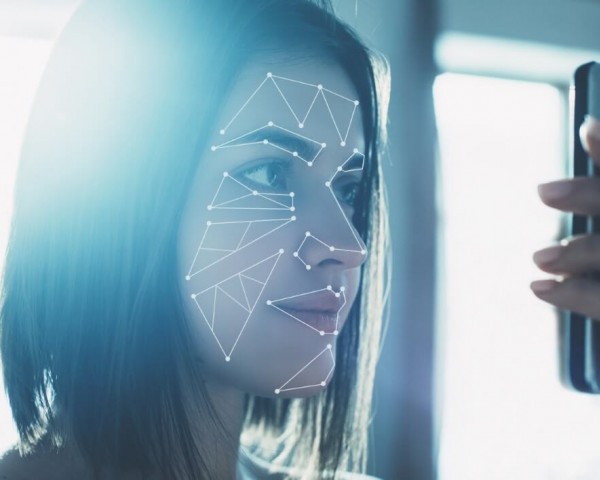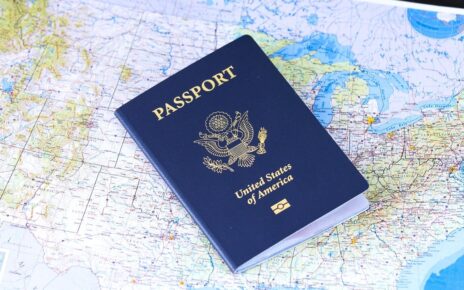Travel sales, information, hygiene and health measures, customer experience, and ensuring comfort in hotel rooms and tourist apartments are some of the uses that most cutting-edge technologies in the travel environment help with while also transforming the industry.
Using a mixed reality device to see how the trip that we are interested in will be like before buying it, controlling the room’s temperature using your voice, paying for a surf course through the phone or a smart wearable device… The new exponential technologies open a window of opportunities for travel and tourism in one of the hardest moments for an industry that is heavily affected by the ongoing health crisis. Travel restrictions and social distancing, plus the need to take extreme hygiene and safety measures to avoid the spread are currently two of the main obstacles faced by the industry around the world.
Nowadays, the industry looks for solutions to speed up the de-escalation plan for tourism, but that also provide tourists safety conditions for when travel resumes.
Exponential technologies in travel trade such as AI, extended reality, robotics and contactless innovations not only significantly help prevent the spread of COVID-19 in tourist activities, but also serve to renew and enrich the traveler experience. We are all looking forward to leaving COVID-19 behind us and getting back on a plane, but for that to be possible, we need to do it with confidence. Besides, when that moment comes, many travelers won’t settle for the usual; they will want to travel more and have faster pre and post-flight preparations, and with the highest security guarantees. Technology can provide both.
10 uses of exponential technologies in travel and tourism:
Supporting the Consumer Decision Making
A virtual reality device can greatly help tourists to decide on a certain option for their holidays. These visualization devices allow people to explore the inside of a hotel where they are planning to stay, to take a virtual tour of the best museums in the city, or to attend an immersive class in the history of the destination. The same can be said of artificial intelligence and the role it can play. You can make recommendations by hyper-personalizing buyer experience, basing data on past behaviors; this is where the concept of what experts have called the Internet of Behavior takes center.
Planning
Thanks to virtual assistants (chatbots), buyers can solve all kinds of last-minute changes, such as flight rescheduling or delays in hotel transfers, reservations, or activities that the buyer has planned. Assisting them through those setbacks, which often can’t be predicted, greatly improve customer experience. In addition, it can help service providers to better plan capacity based on expected demand, thus maximizing the desired goals.
Hyper-personalization
More than a trend, personalization in the tourism setting is here to stay. Artificial intelligence and machine learning offer infinite possibilities to the industry when it comes to personalizing offers and programs for clients. Packages tailored to the tastes and needs of the traveler, which are based on their previous travel history and preferences, and that learn and refine their services as new data is collected. This is not only very attractive for the customer, but also a great way to save time when planning a trip.

User Experience
Augmented reality allows tourists to access the best travel guide on the road. They can see points of interest of the destination through a mobile phone and their location in real-time. In addition, they add valuable information about each point, which can be listened to or seen as they walk.
Voice Interface
Voice command technologies streamline a great number of tasks on our holidays: from turning on the television in the room and picking a channel, to obtaining information through a voice assistant about a tour’s schedule; and all while limiting contact with objects and surfaces, thus preventing the spread of the coronavirus.
Object Interaction
The Internet of Things (IoT) opens to hotel guests a new way to interact with tourist accommodations; for example, using commands to adjust different sensors in the room, such as the lighting or temperature of the room. When implemented in hospitality systems, these innovations can also allow the traveler to request room services such as massages, a spa session, and go to the gym or the pool.
Facial Recognition
Facial recognition can significantly improve security at airports and hotel establishments, in addition to simplifying and streamlining processes such as customs controls or check-in without wasting time at the hotel reception.
Information
Chatbots designed for tourist offices and hotels can provide quick and convenient basic information that is useful for common questions, from how to get to the main sites and places of interest by public transport, to where to exchange money or boat tour schedules.
Secure Payments
Contactless technologies make check-in and check-out tasks easier by allowing secure payments via phone. In addition, it is the safest option during the pandemic since customers and employees can avoid touching cash, credit cards and receipts.
Customer Experience
Technologies in travel serve to improve customer experience and increase traveler satisfaction, allowing them to take an active role on their holidays, helping them make decisions with more security, and letting them have more control over the trip. These innovations provide the value-added content and services that have been taking the industry to the next level.





